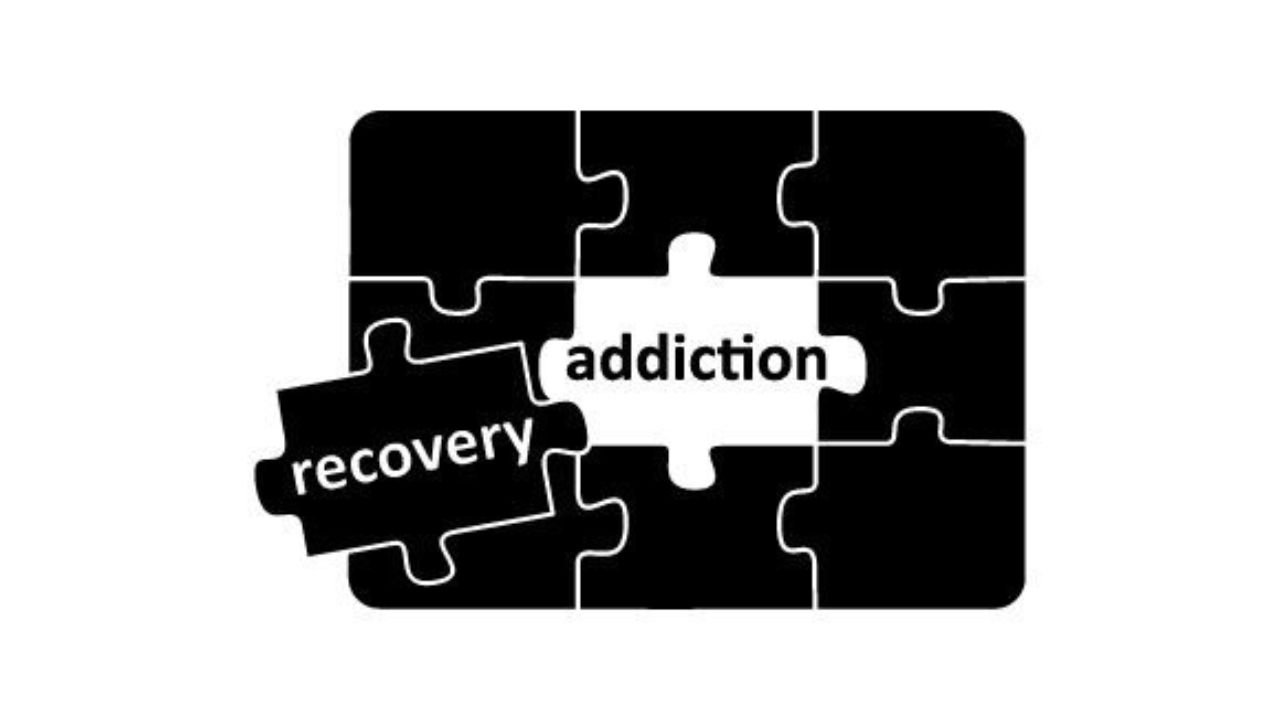In its efforts to supporting the well-being of our communities, the healthcare industry inevitably generates a substantial amount of waste each day. From everyday refuse to potentially infectious materials, the sheer volume and inherent risks require meticulous waste management. These protocols, while typically glossed over, function as a shield that profoundly impacts the safety of patients, healthcare workers, and the broader community.
The Dangers of Improper Waste Management
When waste handling goes wrong in a healthcare setting, the consequences can be dire. If items like used needles are carelessly discarded, they create a significant risk of accidental needlestick injuries. These injuries can transmit serious bloodborne pathogens like HIV, Hepatitis B, and Hepatitis C. Similarly, improperly managed contaminated materials, such as soiled dressings or laboratory cultures, can become prime breeding grounds for harmful bacteria and viruses. If these pathogens aren’t contained, they can spread within the facility, leading to nosocomial infections (infections acquired in the hospital). Patients with weakened immune systems are particularly vulnerable, potentially facing prolonged stays, severe complications, and even death.
The impact extends beyond the confines of the hospital. If medical waste isn’t properly segregated and treated before disposal, it can contaminate soil and groundwater, posing long-term environmental hazards. Pharmaceutical waste, when flushed down drains, introduces harmful chemicals into the water supply, harming aquatic life and potentially human health. Incorrect incineration of certain medical waste can also release toxic air pollutants, contributing to respiratory problems and other health issues.
Proper Waste Handling Practices
Rigorous waste handling protocols are the foundation of a safe and healthy healthcare environment. The first crucial step is proper segregation of waste at the source, using clearly labeled containers for different waste streams (general waste, recyclables, hazardous waste, etc.). This minimizes the risk of cross-contamination and ensures each type of waste is managed in accordance with its specific requirements.
Secure and leak-proof containers are essential for the safe storage and transportation of medical waste within the facility. Comprehensive training for all healthcare staff on proper waste handling procedures must be conducted on a regular basis. This education equips staff to understand the inherent risks and adhere to established protocols and must be frequently scheduled to keep up with ever-changing requirements.
The Role of Efficient Waste Removal
The final stage, waste removal and disposal, is equally (if not more) important. Healthcare facilities generate a significant amount of non-hazardous waste, such as packaging, paper, and food waste. Working with trustworthy waste removal services that offer options like regular container pickups or commercial dumpster rentals can provide an efficient and hygienic solution for managing this general waste stream, ensuring it is regularly removed and properly disposed of.
However, for potentially infectious materials and other hazardous or regulated medical waste, specialized handling and disposal are required. Healthcare facilities must partner with services equipped to manage this type of waste according to strict regulations, ensuring proper sterilization, incineration, or other approved treatment methods before final disposal.
Building A Healthier Future Through Responsible Disposal
Although mundane, proper waste handling and disposal practices in the healthcare industry are non-negotiable to ensuring patient safety, staff well-being, and environmental responsibility. By consistently following established protocols, leveraging efficient services for general waste, and collaborating with specialized providers for regulated medical waste, healthcare facilities can significantly reduce the dangers inherent in their operations. The seemingly simple act of correctly managing waste plays a pivotal role in upholding the core mission of healthcare—safeguarding and improving health for all.



